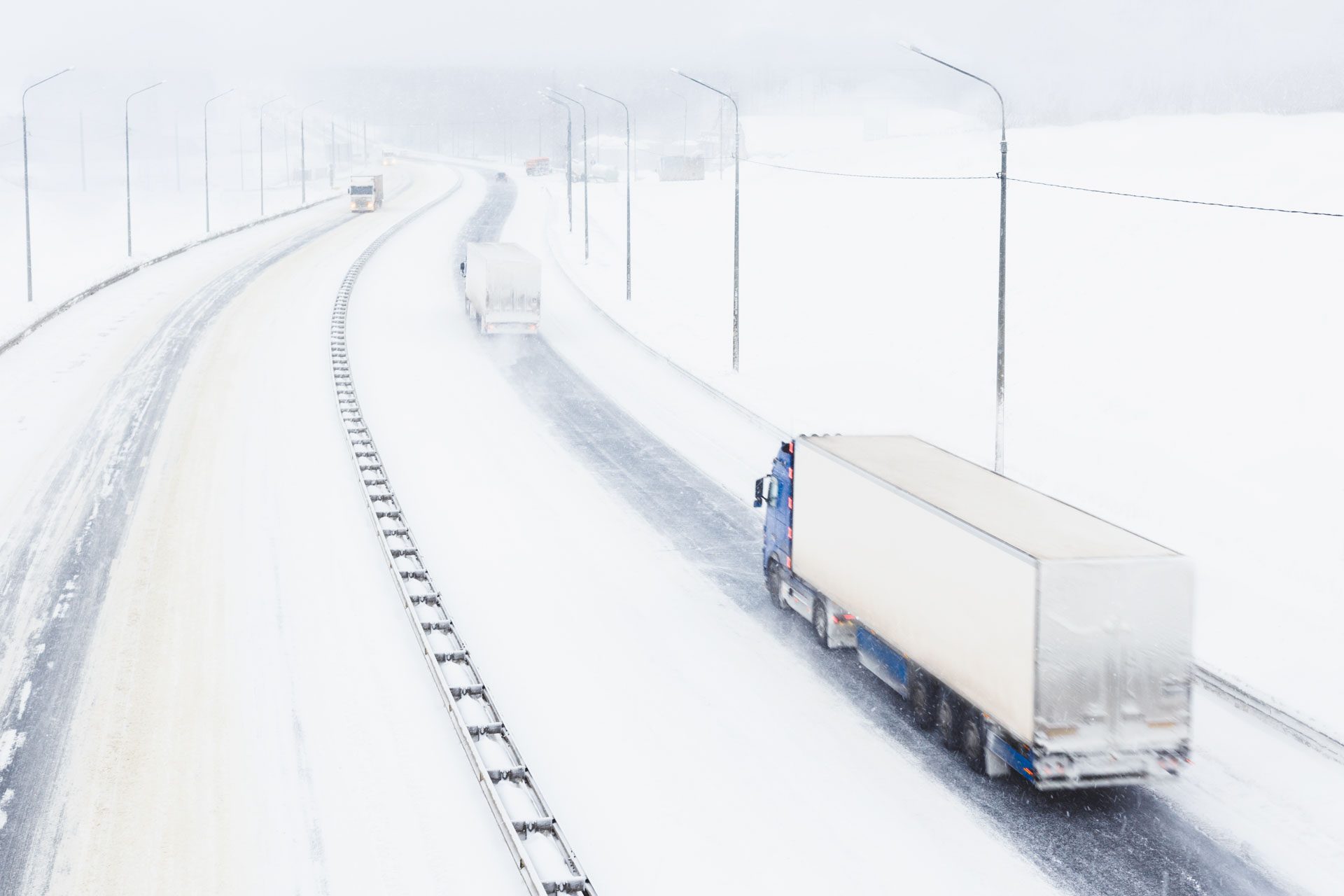While winters in Oklahoma are typically mild, most would agree that we should never take Mother Nature for granted, even at the end of the coldest months. A little planning can make a big impact on how we survive (and thrive) during winter.
Your Home
If you find yourself extra chilly at home, here are some ideas to consider:
Install thermal pane or storm windows. During extreme weather, cover windows on the inside with plastic.
Caulk windows and put weatherstripping on doors to avoid drafts.
Repair roof leaks when they make themselves known.
Have tree branches that overhang? Trim them before they fall down during a storm. Branches, no matter how innocuous they look, can create serious damage.
Installing carbon monoxide and smoke detectors is a good idea all year long – but it’s particularly helpful when power is out and other sources of heat are introduced in the home.
Consider purchasing a generator for power outages to preserve a sense of normalcy – and warmth. Purchase space heaters that turn off periodically.
If severe weather is predicted, ensure you have enough nonperishable food and clean water in your home to last at least three days.
Stock up on flashlights, candles and matches, and have warm clothes and blankets at the ready.
Let water taps drip to avoid frozen pipes and open cabinet doors to keep warm air circulating.
And last but not least – bring pets indoors or ensure their enclosures have been winterized if cold weather strikes.
Your Health
Monitor your temperature. In the event you lose power, staying warm is particularly important for infants and the elderly, who have a harder time regulating body temperatures. Ensure these people have ample blankets and clothing.
Pay attention to your heart. The heart works overtime to warm the body during freezing weather. If you need to exert yourself, ensure you’re well dressed and work slowly, especially if you have high blood pressure or heart disease.
Watch for signs of hypothermia. These include excessive shivering, confusion/memory loss, slurred speech, drowsiness, very red skin and low energy. If a person’s temperature is below 95 degrees, they need immediate medical attention. Ensure any wet clothing is taken off, and work to warm the center of the body first.
Your Car
If you have to travel when winter weather strikes, prepare a kit to help you survive a worst-case scenario. Some essential items include: A cell phone and charger; a battery-powered radio to stay in touch with forecasts and road closures; hats, coats, gloves and blankets; flashlights, water and snacks; a pocket knife and a standard first aid kit; a rope or tow chains; sand to provide traction under your tires on ice and snow – and the “myth” is true – kitty litter works just as well, or better; hazard lights or other reflectors like orange cones; and waterproof matches and a candle, as other heat sources can melt snow to drink if you run out of water.
Even if you are not planning a trip, keep the gas tank in your car or truck full so fuel lines will not freeze. Replace worn tires and take care to ensure your tire pressure is at manufacturer-recommended levels.
Winter may be scary at times, but with a little effort, it’s easily manageable.

























